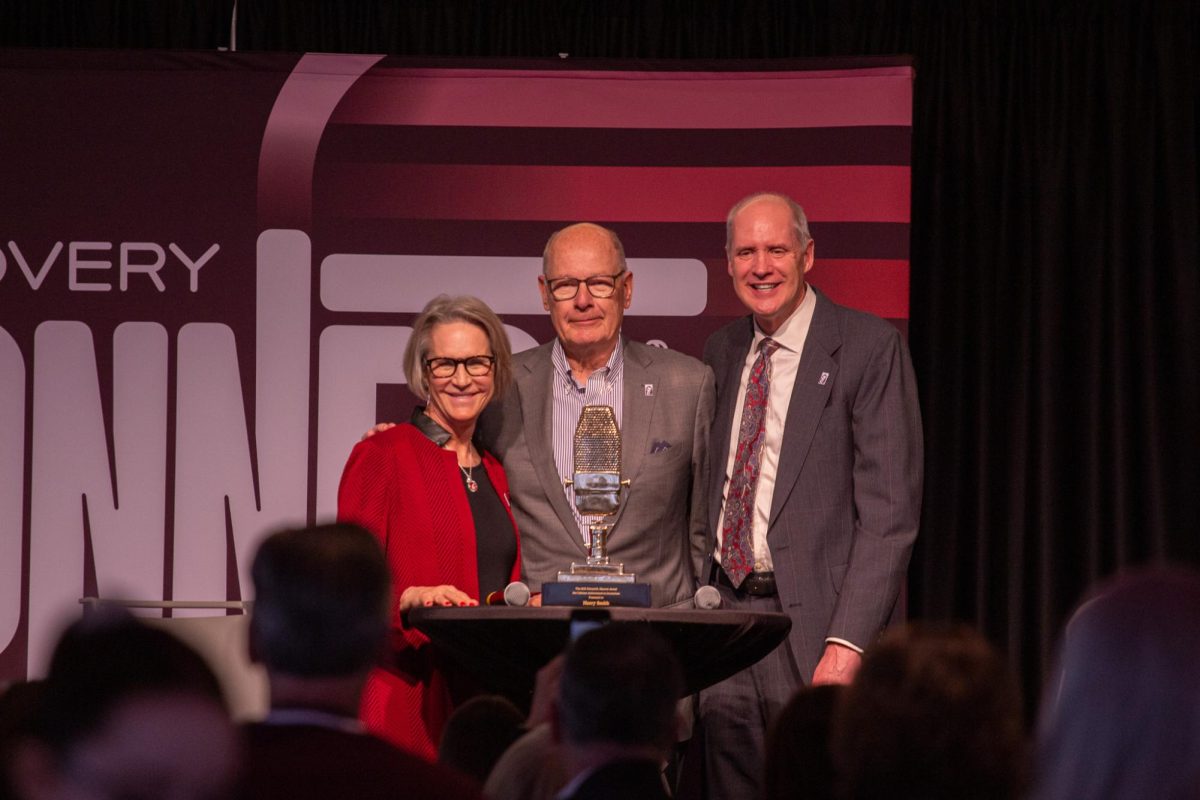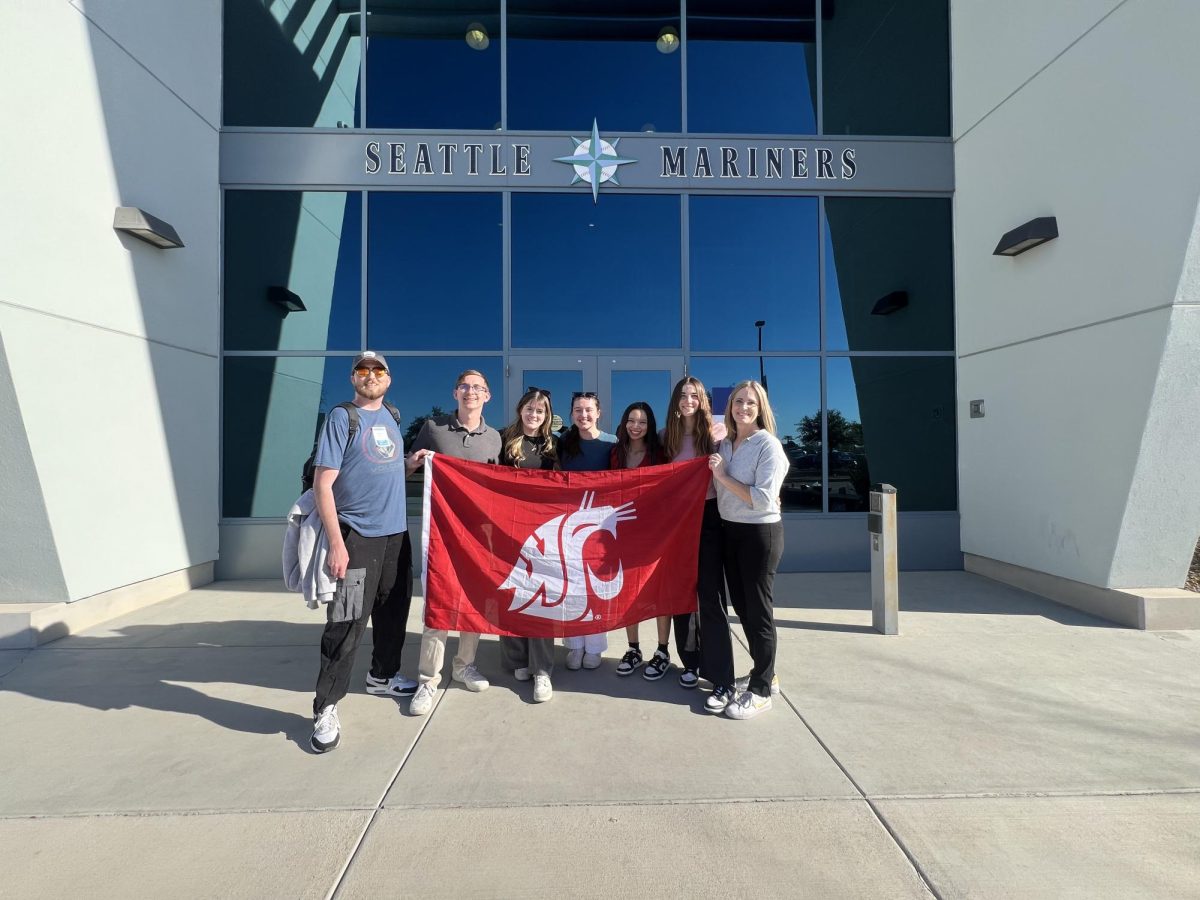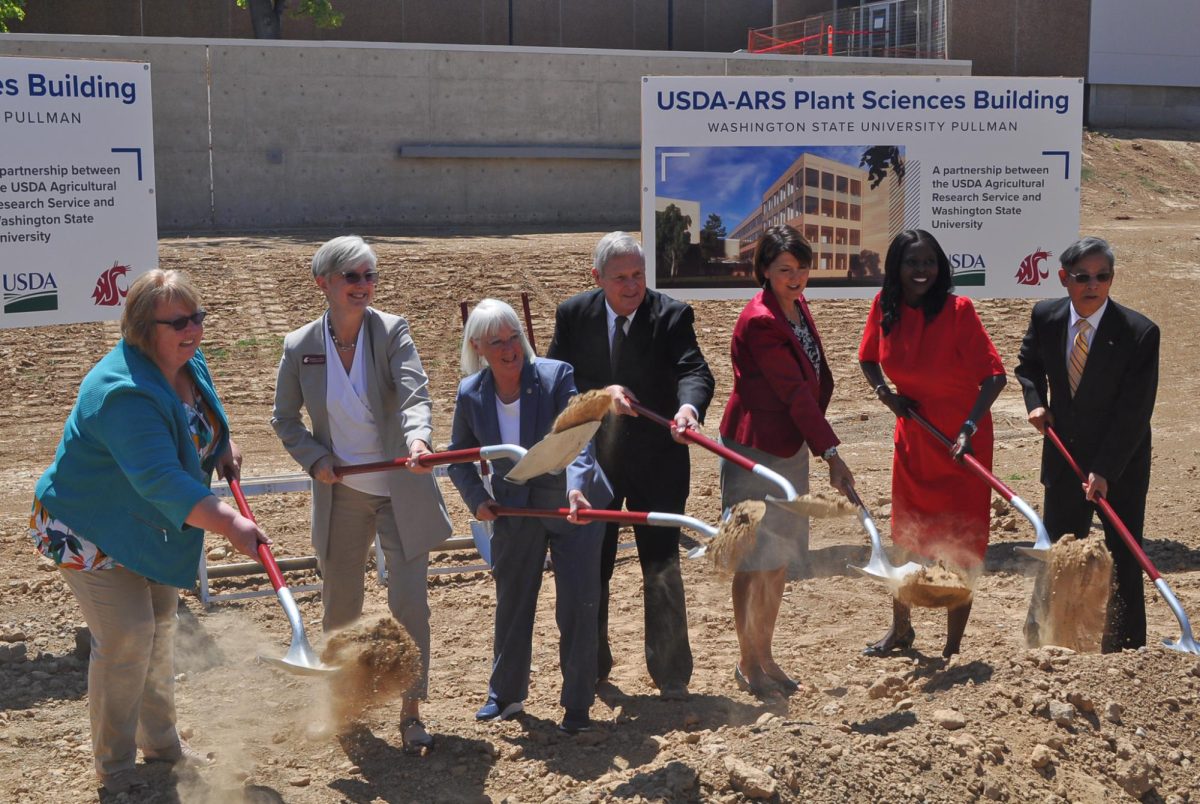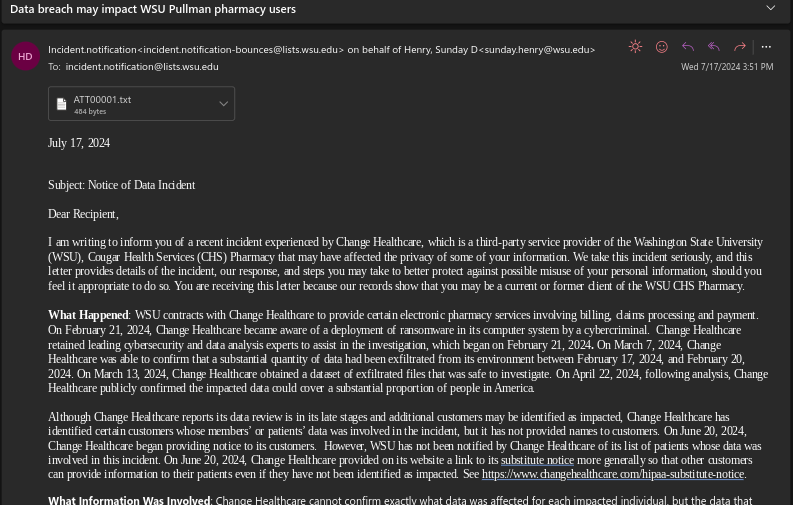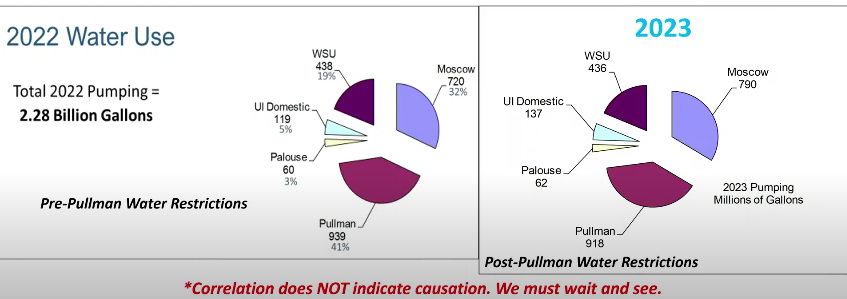WSU Human Resource Services released Impact Plans based on feedback from various departments earlier this month.
To gather this feedback, senior leaders at WSU such as WSU Deans, Vice Presidents, Executive Vice Presidents and members of WSU system leadership engaged in listening sessions with employees in their departments and obtained open text feedback from them to inform these Impact Plans, said Laura Hamilton, learning and organizational development manager.
“The intent of the impact plans is how do we improve the employee experience, which results in our students having a better experience,” she said. “All of our stakeholders have a better experience if our employees are actively engaged.”
As opposed to previous Employee Engagement Surveys, where HRS took survey outcomes and used them to make recommendations to departments, this iteration specifically provided WSU leaders and departments with overviews on areas wherein they were performing well and on areas wherein improvements could be made and encouraged WSU leaders to work with employees on how to address these issues, Hamilton said.
“The impact plans that we received had much more thoughtful and meaningful goals without fail,” she said.
Overall, the survey results saw a collective desire for more workplace wellness activities that promote psychological safety, the creation of career ladders to improve career path trajectories and improved transparency and communication from more senior leaders at WSU, she said. While many of these plans are either pending, on-going or nearing target dates made public in their impact plans, one specific solution HRS has implemented is the use of Percipio to address career development concerns.
“[This is where] individuals can go and engage in development opportunities that could better prepare them for future roles if they have a career path that they would like to see,” she said. “So if we had somebody, for example, who is currently working in a finance-related position but really wanted to move into more of an HR partner-related position or they wanted to move into an IT position, we are starting to build in structures some of the foundational education and knowledge that would be required for someone to be identified as competent to be able to move in to some of those differentiated roles.”
This has also encouraged the modification and relaunching of WSU’s mentoring program as well as leadership development programming. Some of the modifications include cohorts and monthly facilitated discussions, Hamilton said.
To further address wellness concerns, WSU will be working with Washington State Employee Assistance Program, who employees can contact should they find themselves facing difficulties or a crisis, she said. Through this EAP vendor, WSU will provide wellness webinars for the Elevating Cougs event that will take place in October, WSU has also secured a keynote speaker on workplace psychological safety.
For more transparency from WSU leaders, improved communication has also been encouraged, Hamilton said.
“[In] a lot of the impact plans, there were commitments from senior leadership of ‘I am going to do better at taking the information that we are getting from the system leadership [and] I’m going to be better at taking that to the managers and directors and asking them to then take that to the frontline employees,’” she said. “So the information is getting the right level of transparency and communication among all levels of employees in the organization.”
Currently, WSU HRS has received 82% of Impact Plans from WSU departments which are also available on their website.




